More Hard Issues: Homicidality, SUICIDALITY and the Imperfect world of psychiatric medications1/24/2024
Our current classification system contained in the DSM 5 is not supported by the research.
Neurodevelopmental disorders (NDD) without boundaries: research and interventions beyond classifications (2023)
& We Certainly Won't Have a Competent Mental Health System If We Don't Understand Developmental Neuro-Inflammation ---
|
Translational Medicine FridayWe're riffing off NPR's Science Friday to create Translational Medicine Friday. Archives
April 2025
Categories |
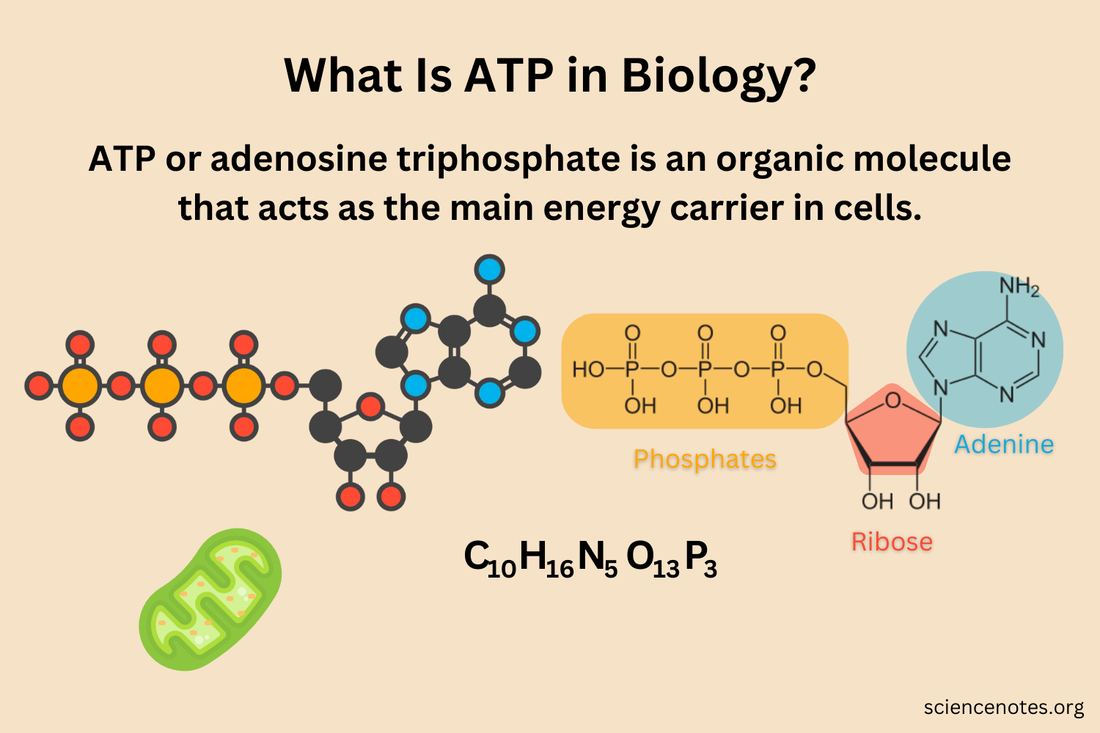




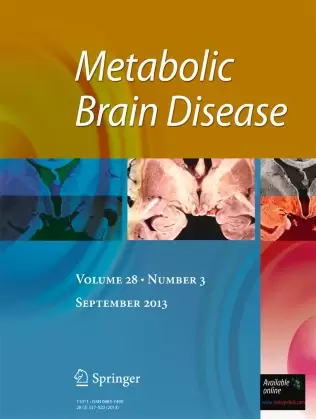







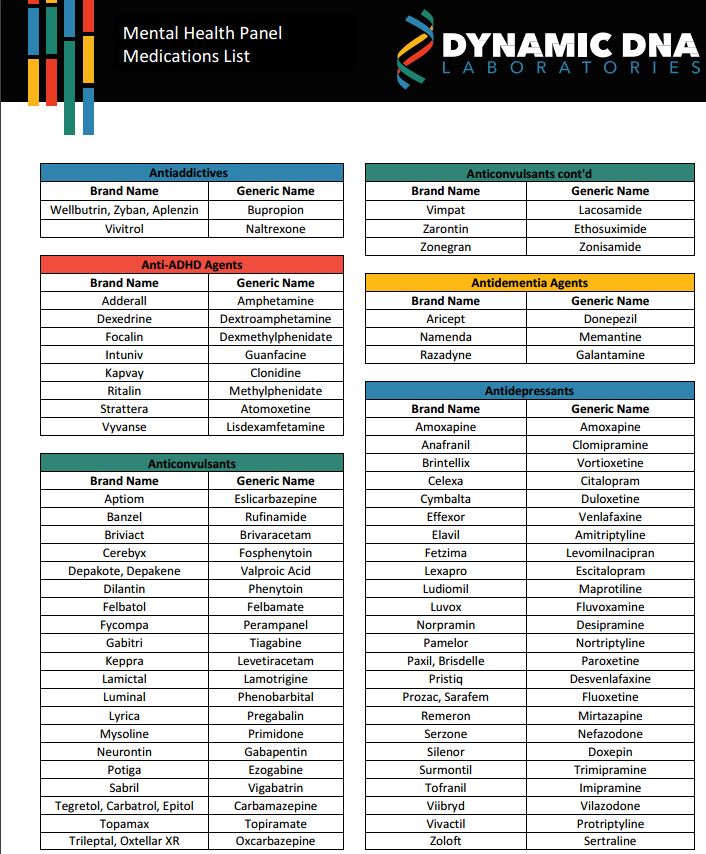











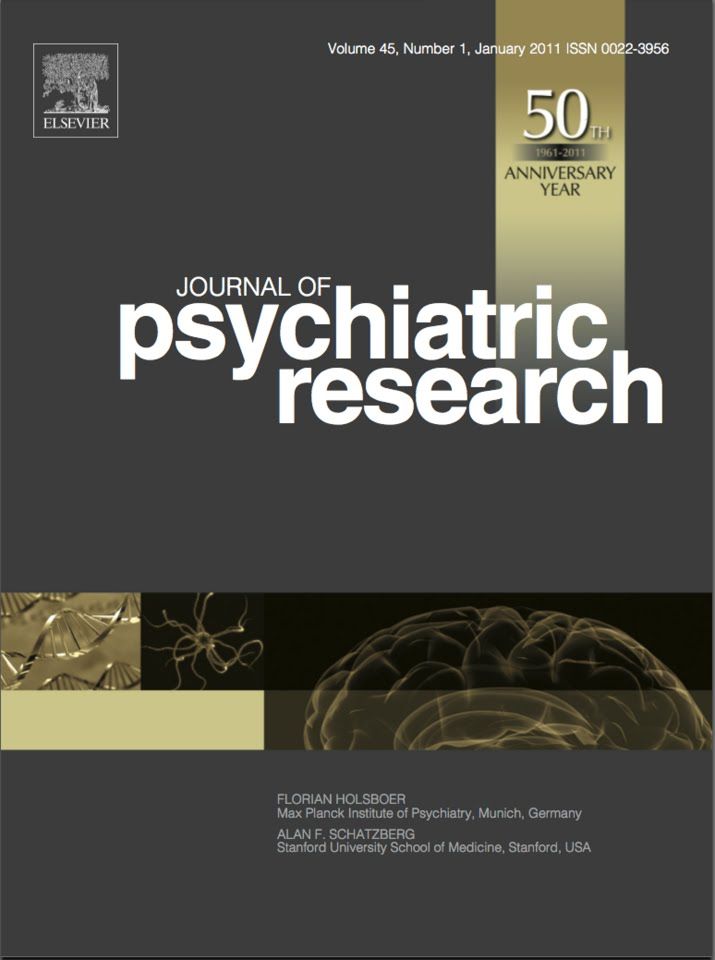





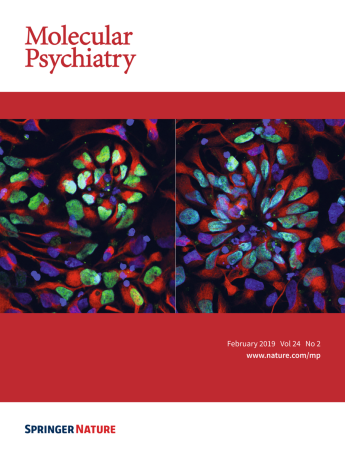


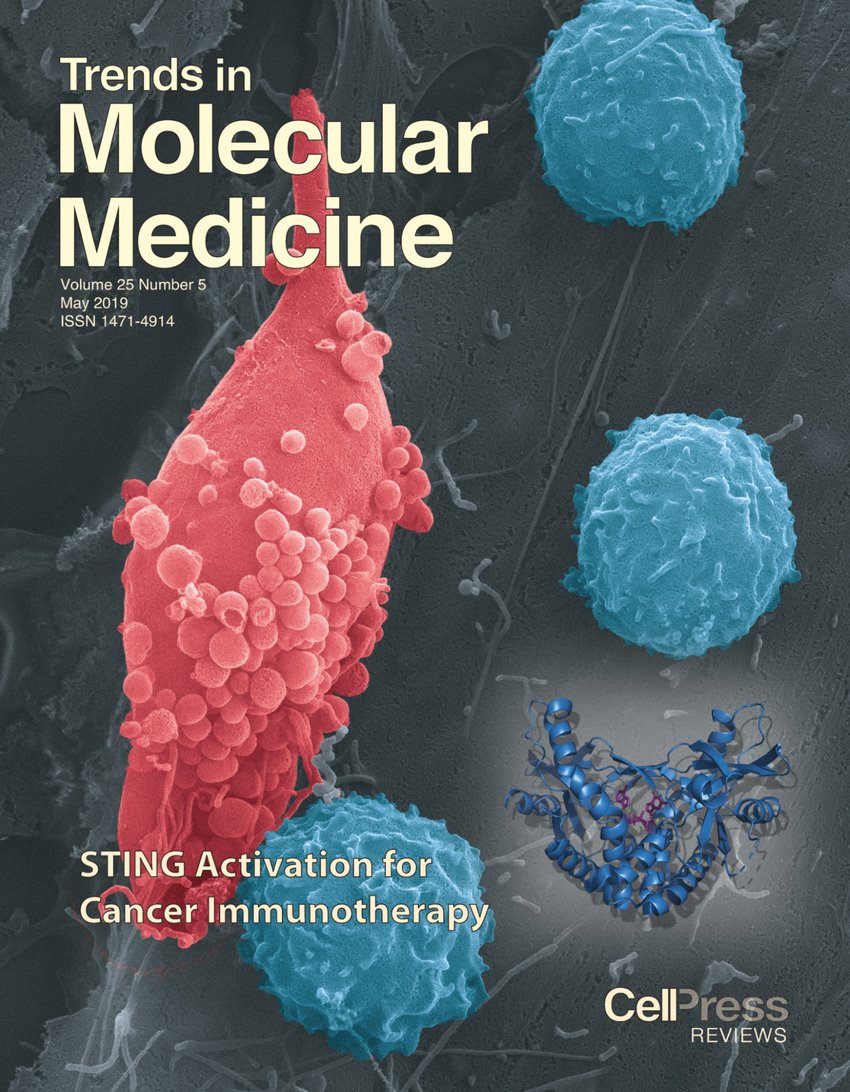
 RSS Feed
RSS Feed